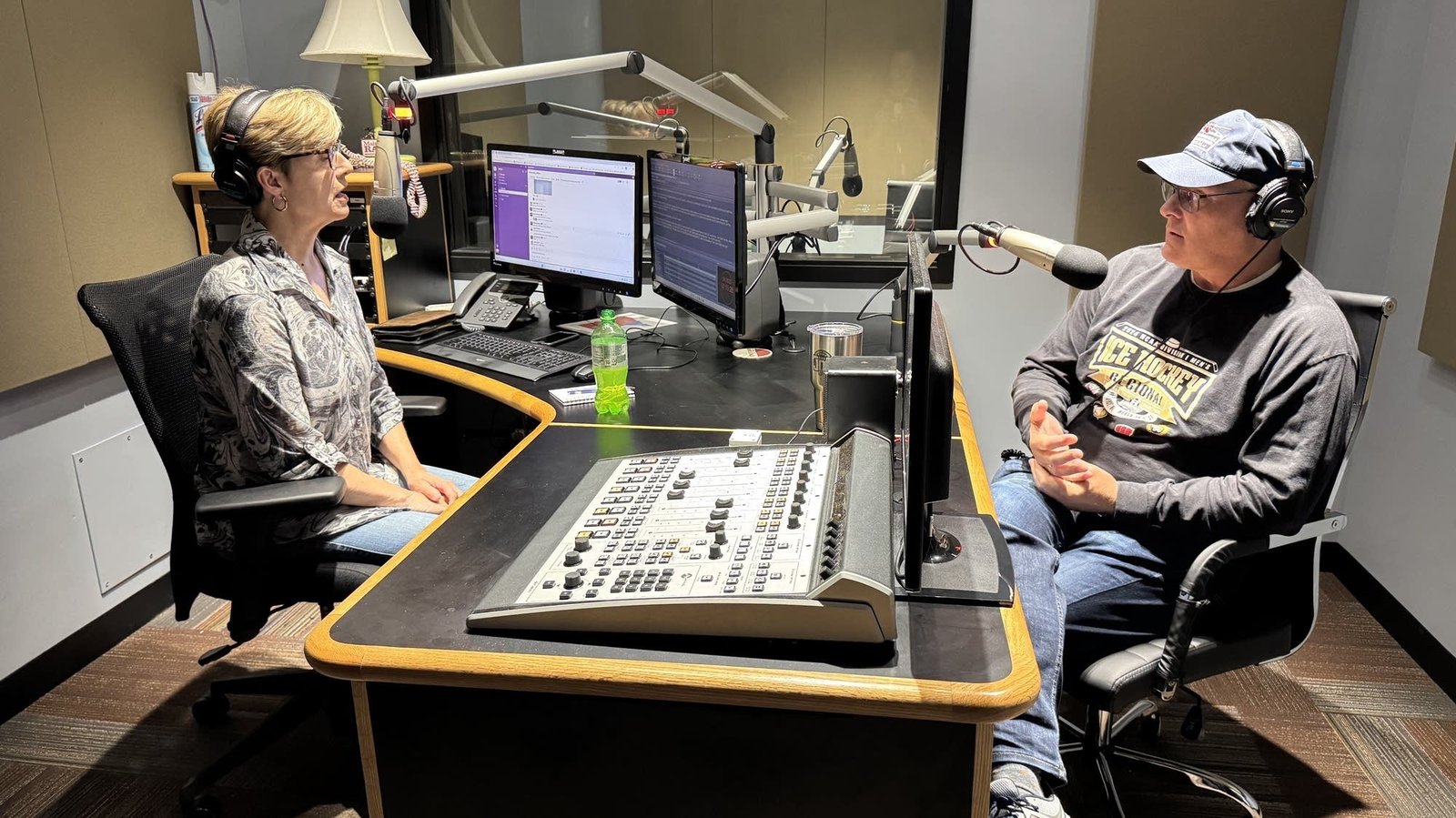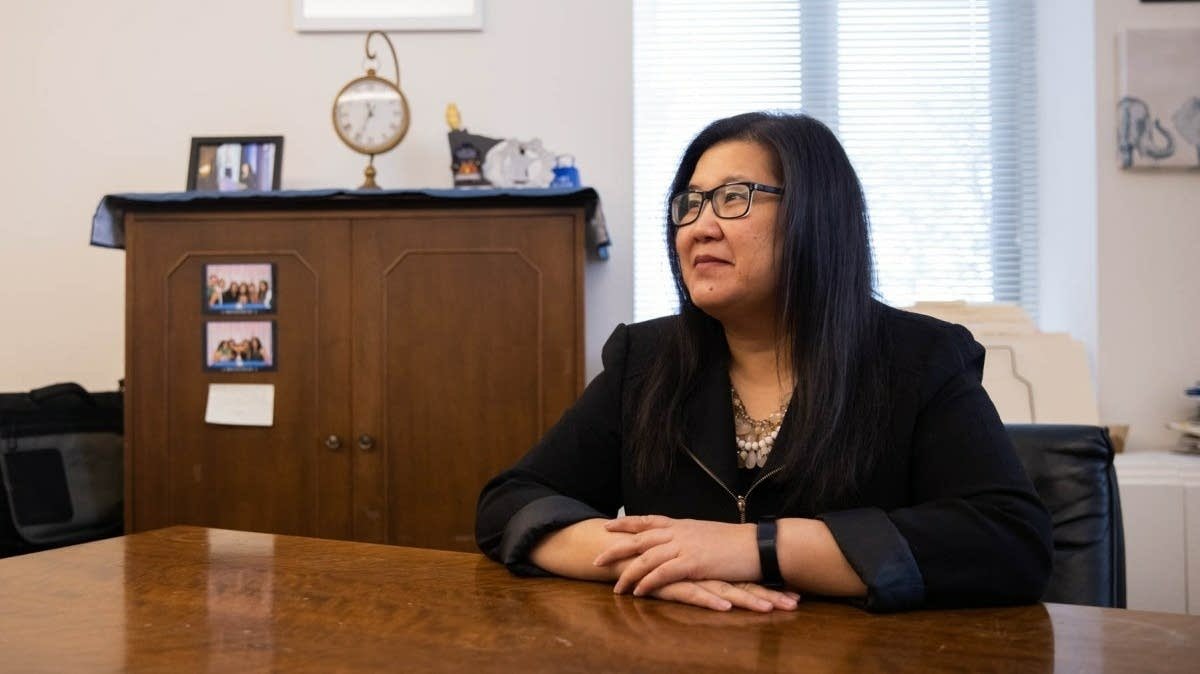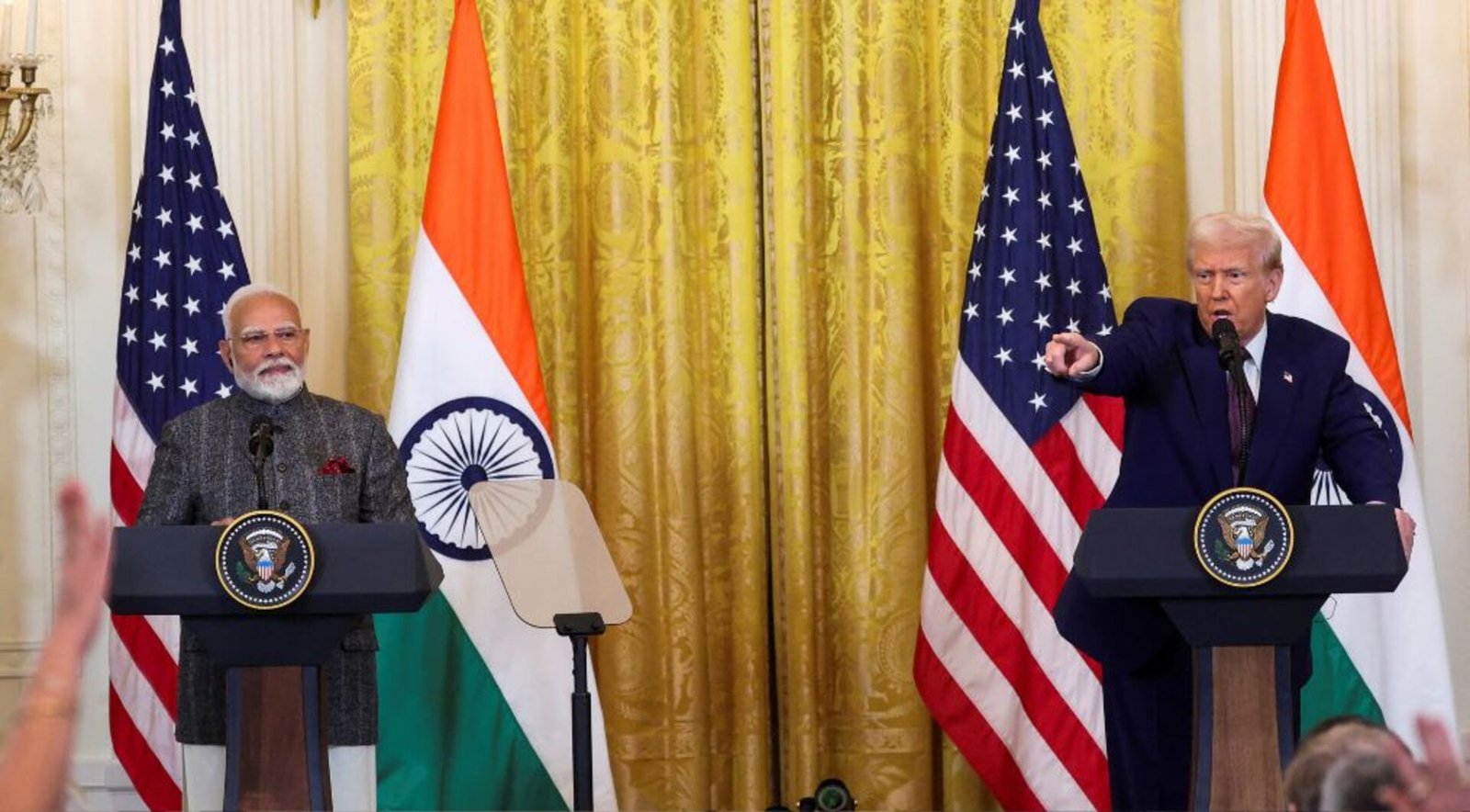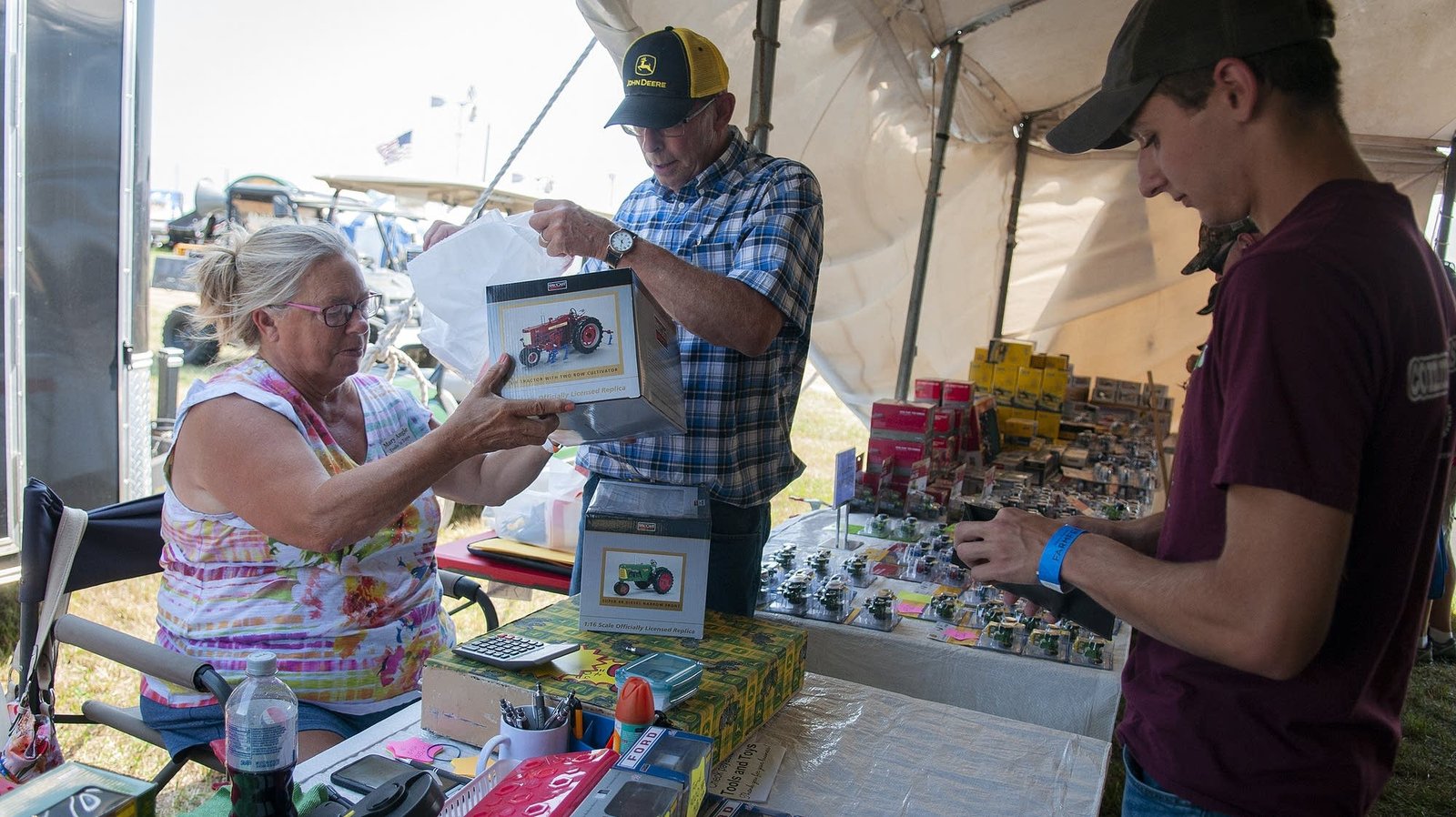Minnesota has been hit hard this summer by wildfire smoke-filled skies, prompting some GOP lawmakers from Minnesota and Wisconsin to send a letter to Canadian officials criticizing their forest management.
Republican U.S. Rep. Pete Stauber, who represents northeastern Minnesota, is back home from Washington, D.C. on recess, and was among the signatories of that letter. Stauber joined MPR News host Cathy Wurzer on Morning Edition Monday to talk about air quality, cuts to Medicaid and rural health care, the One Big Beautiful Bill and more.
Listen to the conversation by clicking the player button above. The following has been lightly edited for clarity. A complete transcript will be available soon.
Canadian officials say this is the second-worst wildfire season on record there, and they're dealing with worsening climate conditions. What's the bipartisan, multi-state, cross-border solution to help Canada?
Well, I think first off, when we talk about the air quality, the vast majority of July for northeastern Minnesota, we've been under an air quality index that's not healthy. And we both know people that have medical issues, it's tough for them to get outside. And the fact of the matter is, if we can manage our forests, if we can harvest those trees and reduce the burden on the ground that is actually the fuel for the fires, we can do very, very well. And both countries have to do it.
And that's why one of President Trump's executive orders says we need to get into our national forests and harvest these trees when they're mature and get the best value out of them. And that will help reduce forest fires: proper forest management. And I know that in Canada, they're not doing that because I've talked to members of parliament that are trying to push for the reduction of forest fires.
I know Wisconsin is sending some folks from the Wisconsin DNR to help the Canadians.
And by the way, the state of Michigan, the Upper Peninsula of Michigan, has been affected by this negative air quality, and so it's not right, it's not fair that we have to breathe this bad air, unhealthy air. And it goes all the way down to southern Minnesota. You've seen the skyline in Minneapolis, just hazy. I was at a Twins game last week. It was not good and not healthy. So the bottom line is proper forest management. Both countries have to do it, and also share resources in firefighting. And I think that's really important. The United States and Canada have a really good relationship, and we want to be able to give them support, just like they would give us support if we needed the firefighters.
Do you worry that with layoffs in the U.S. Forest Service and cuts to funding, we are not fully prepared to deal with our own forest fires, should something flare up?
Not at all. Secretary of the Interior Doug Burgum and Secretary of Ag Brooke Rollins have said we have the same number of Forest Service firefighters as we did under the Biden administration. So I'm not concerned about that at all. We are up to speed.
Has DOGE gone too far with federal job cuts, or are they just right?
We're looking at our $37 trillion debt, and obviously, one of the things we have to do is we want to right-size our government, and we want to protect those jobs, like I did with the Federal Prison Camp in Duluth. Those were 90 federal jobs that the Biden administration wanted to get rid of here in Duluth, and I fought. The letter sent out notifying the prison and the local officials that they were closing was sent out on December 5. That evening, we acted. They were not going to close that federal prison, because I wanted the Trump administration to go up there and see the good programming, the good work. And the Bureau of Prisons Director Bill Marshall actually came to Duluth, and we fought and we kept those 90 federal positions. And listen, when anybody loses their job, I have empathy, whether it's in the public sector or the private sector.
The Duluth EPA lab is looking at potential job cuts and might be on the chopping block. Do you support the work that they have done? Do you fight for them?
Yes, I do, and I've sent a letter to EPA Administrator Lee Zeldin. I'm not sure if you're aware, but the EPA lab is being kept open, and that's a very good thing. They do very good work.
Your Republican friends in the Minnesota Legislature warned you and your GOP colleagues against making deep cuts in Medicaid in the Trump tax bill. Now, a trillion dollars worth of cuts are going to be made in health spending.
According to an analysis by KFF Health News, about 162,000 Minnesotans in the Eighth Congressional District are enrolled in Medicaid. More than 65,000 enrollees are children.
So when you look at the “One Big, Beautiful Bill” and the DOGE cuts, we wanted to reduce waste, fraud and abuse. There's been a lot of mis- and disinformation referenced around that legislation. There were 1.4 million illegals on Medicaid that Health and Human Services has identified. Illegals will not be on Medicaid, and those able-bodied adults without dependents have work requirements of 20 hours a week. We're asking them to go work, volunteer, job training and go to school. Those all qualify for those 20 hours. And I think that's fair if you're going to receive taxpayer-funded medical and nutrition benefits.
Are you hearing from rural hospitals in northeastern Minnesota worried about having some of these folks come to their door and use services in their ER? Their margins are already slim.
I've always been concerned about keeping our rural health care facilities open and making sure that rural America has the same quality of health insurance as the metro areas. And one of the things in that bill is $50 billion to help rural health care. We know that rural health care facilities in the state of Minnesota are going to have, on average, $100 million to be able to help them when they have some issues with financing to keep them open.
We are the poorest and the oldest congressional district in the state of Minnesota, and so I understand the value of rural health care. And that's why, when they wanted to take some of the assistance away from our local hospitals in rural Minnesota, we fought hard. And at that time, the Biden administration reversed course and allowed the monies to stay.
What do you think it says that Republican Sen. Josh Hawley has already introduced to bill to roll back health spending cuts? Maybe some Republicans are thinking it went too far?
Well, I haven't seen the legislation. It hasn't come to the House yet, so I can't, I'm not qualified to answer that. But again, I will say that these work requirements that we have instituted are the same work requirements that Bill Clinton put in 1996 in the Welfare to Work program. That was a bipartisan issue. And still today, the vast majority of Americans believe in work requirements.




